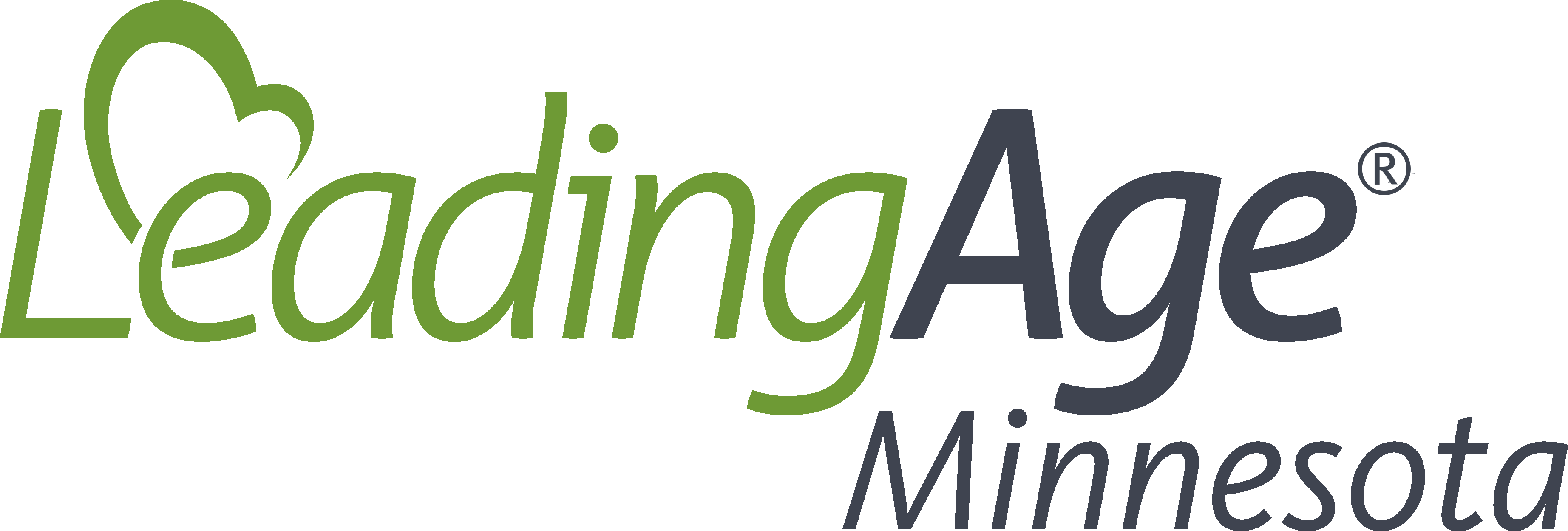Office of Administrative Hearings Holds Hearings on Proposed Assisted Living Licensure Laws
Posted on January 20, 2021 by Kari Thurlow
The Office of Administrative Hearings (OAH) conducted a remote-access public hearing on the proposed assisted living licensure rules on Jan. 19th and 20th. This is a critical step in finalizing the rules that will govern assisted living providers under the assisted living licensure law that takes effect later this year.
The Office of Administrative Hearings will evaluate the proposed rules to determine whether (1) the Minnesota Department of Health (MDH) has legal authority to adopt the rules as proposed (2) has MDH fulfilled the relevant legal and procedural requirements to promulgate the rules and (3) has MDH demonstrated the “need and reasonableness” of each portion of the proposed rules. If the administrative law judge (ALJ) determines that the agency has not met all of the legal and procedural requirements, the rules are submitted to the Chief ALJ. If the Chief ALJ supports the ALJ, the agency may not adopt the rule until the defects are corrected. Once the ALJ approves the rules, the agency may submit them to the governor and take other procedural steps for final adoption.
Approximately a dozen stakeholders testified at the hearing, providing comments to a variety of aspects of the rule. Sam Orbovich, attorney with Fredrickson and Byron, P.A. presented oral testimony on behalf of the Long-Term Care Imperative, a collaboration of LeadingAge Minnesota and Care Providers of Minnesota. In addition, LeadingAge Minnesota members Josh Berg, Lifesprk; Anna Petersmeyer, Vista Prairie; Lindsey Sand, Knute Nelson; Lores Vlaminck, Lores Consulting, LLC; and Shelli Bakken, Walker Methodist testified on the proposed rules. We thank each of these members for their advocacy.
It is not too late to make your voices heard
We strongly encourage you to submit comments before the public comment period closes. The deadline to submit comments is 4:30 p.m. on Feb. 9, 2021. You can submit a comment electronically, found at https://minnesotaoah.granicusideas.com/.
You can review the LTC Imperative written comments and the LeadingAge MN written comments, but here are the three issues LeadingAge MN and the LTC Imperative are most the following three topics.
Staffing
In general, we support the proposed in rules regarding staffing standards (Section 4659.0180). The proposed rule would require a clinical nurse supervisor to develop and implement a staffing plan that provides an adequate number of qualified staff to meet the residents’ needs 24-hours a day, seven days a week. This approach recognizes that needs of residents vary and entrusts the expertise of a clinical nurse supervisor to ensure appropriate, person-centered staffing. It should be noted these proposed rules will be in addition to the extensive staffing and training requirements already included in Minn. Stat. 144G.
We raised concerns with two aspects of the staffing rule: (1) the public posting requirement in section 4659.0180, subpart 4 (B) is not reasonable, may create unintentional safety concerns for staff and may unintentionally infringe on privacy rights of residents. (2) the required 10-minute response time on the night shift proposed in 4659.0180, subpart 6 is also not reasonable. Night-time shifts should not be singled out as the staffing plan is to take into account the 24 hour a day needs of residents who have contracted for services. A requirement of a ten-minute response appears to be arbitrary.
Emergency Disaster and Preparedness Plan; Incorporation by Reference
LeadingAge Minnesota and the LTC Imperative opposed the proposed rules regarding emergency and disaster planning, Section 4659.0100. As written, it would incorporate of federal nursing home standards. Such an approach is not reasonable. Centers for Medicare and Medicaid Services (CMS) did not have assisted living settings in mind when they wrote the nursing facility rules, did not seek public comment on their applicability to assisted living settings, nor will they have assisted living settings in mind when they update the rules over time. In addition, it is unreasonable to blindly incorporate successor requirements or model code updates and the like.
Termination and Discharge Planning
The rule regarding terminations (Section 4659.0120) fails to strike the appropriate balance between providing residents due process and the ability for providers to act within a reasonable timeframe to terminate an agreement when necessary. The proposed rule introduces several opportunities for a delayed termination and could ultimately put residents at risk. The rule generally does not account for uncooperative residents or resident representatives, making it unworkable in contentious cases.
For more information about the rulemaking process for assisted living licensure, contact Kari Thurlow at kthurlow@leadingagemn.org.
Comments
Add a comment
Members must sign in to comment
You must be a member to comment on this article. If you are already a member, please log in. Not a member? Learn how to join »

No one has commented on this article yet. Please post a comment below.